.
- Develop a trauma-informed workforce. Advocate that professional licensure and certification standards include competency on trauma-informed approaches and promote education on the negative effects of childhood adversity, as well as how to build protective factors and resilience.
- Recruit and train a diverse workforce. Create incentives to recruit diverse services providers particularly in communities that experience childhood adversity more severely and profoundly—and train them on childhood adversity and trauma-informed approaches.
- Increase funding and access to effective and promising treatments and practices that address childhood adversity, especially for communities that experience childhood adversity more severely and profoundly.
- Promote the early identification of childhood adversity coupled with effective and promising treatments and practices.
- Raise public awareness and cultivate trauma-informed systems. Support parents and caregivers so they can be successful as supportive adults for children. Cultivate child- and family-serving systems and organizations to integrate trauma-informed approaches into organizational policy and practice.
Several things are exciting to me about this development. One is to see such widespread collaboration across state and non-profit agencies to recognize the impact of trauma and advocate for better policy, funding, and training to help address it. Even more exciting, though, is to read through these recommendations and see how closely they align with the work that we are doing in UE. From school-wide trainings on trauma-informed systems of care, to our ongoing work on Diversity, Equity, and Inclusion, to new tools for early identification of childhood adversity like our Social Emotional Screener: each of you is delivering and innovating these practices in some way, modelling many of these recommendations in practice each day.

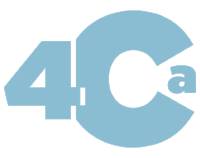


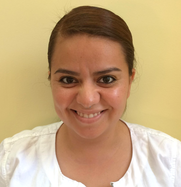

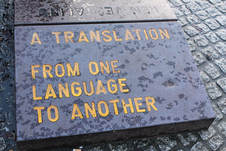


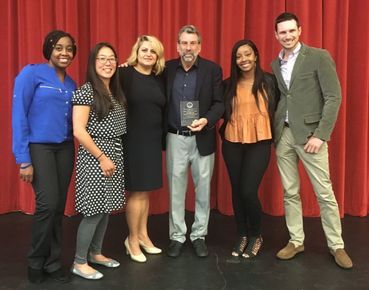

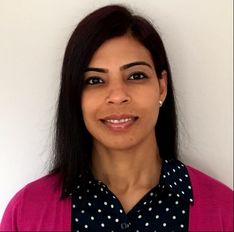

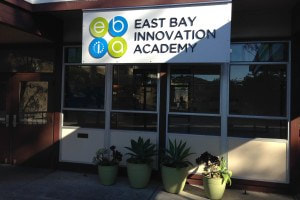


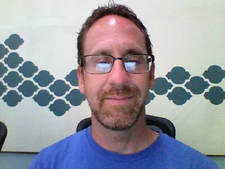

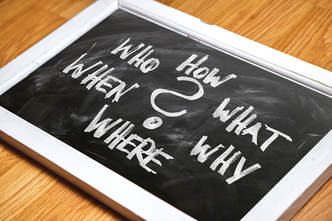
 RSS Feed
RSS Feed